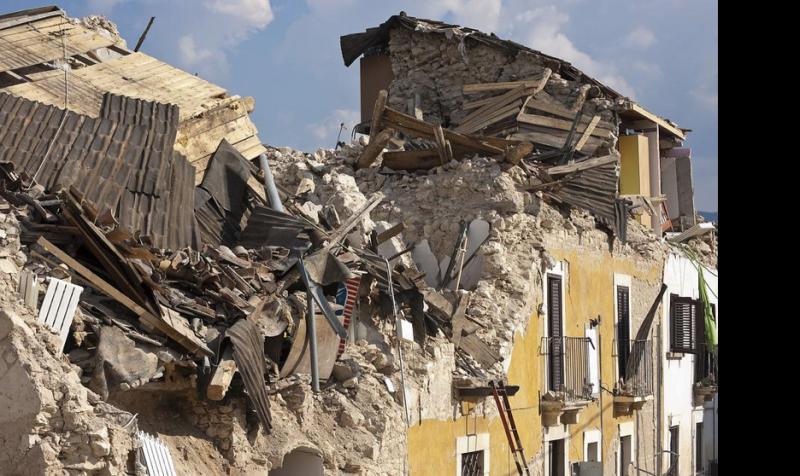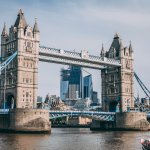Disaster Preparedness Tips for Businesses

Natural disasters can happen anytime and often without any warning. Since you don't know when they will strike, you must always prepare your workplace, so employees know what to do. There are different types of natural disasters, including storms, tornadoes, hurricanes, tsunamis, floods, fires, extreme heat, and pandemics.
In 2015 alone, the UK had an average annual loss of £665.95 million due to floods and £681.25 million due to earthquakes. COVID-19 also hit businesses in the UK, with about 3% of workers not working due to quarantine, self-isolation, or symptoms in 2021. Many companies also had less than three months of cash reserves, while others did not have cash reserves. Ideally, your business must have at least three months or more of cash reserves to pay for the expenses and help it get back after a disaster. We also listed other tips to keep your workplace prepared in case of a disaster and prevent injuries or deaths.
Have an evacuation plan
Preparedness is the key to surviving natural disasters and having minimal to no injuries on your employees. Have a written plan, including detailed steps on what to do. For example, if employees need to evacuate the building, include all possible exits and guide to reach them. Choose a meeting point where everyone would gather and get help. Distribute a copy of the plan to everyone in the workplace, and have a drill to practice it. Appoint contact persons to lead the group.
Install fire alarm systems and public address system
Fire is one of the most common natural disasters, and a fire alarm system helps notify employees right away when there’s smoke, so they can save themselves and get help before it turns worse. Investing in electric window openers is also a smart option. You can link these window openers to your alarm system, so they automatically open the windows when smoke is detected.
In most fires, deaths are often caused by smoke inhalation than burns. So, releasing smoke through the open windows can significantly help prevent these deaths. Furthermore, a smoke ventilation system would be beneficial as it can help clear smoke in case of fire, allowing employees to exit the place safely.
Communication is also vital during these disasters. A public address system is an excellent way to get everyone informed quickly. It’s also helpful not just when there are disasters but with your regular operation when you need to announce something to your workforce.
Prepare emergency supplies
Besides first aid kits that contain medicines and supplies for emergency medical situations, prepare water, unperishable foods, flashlights, batteries, and blankets.
Have a plan after disaster
Having a concrete plan on what to do after a disaster will help you get back into operation as soon as possible. Consider flexible work setup if possible, like allowing employees to work from home. You may also adjust your hours of operation while sorting things out.
You don’t have control over when these natural disasters would happen, but you have control over how to respond. So, be sure that you are highly prepared if it happens to ensure the safety of your employees and to get back to your regular operation as soon as possible.
More to Read:
Previous Posts:

